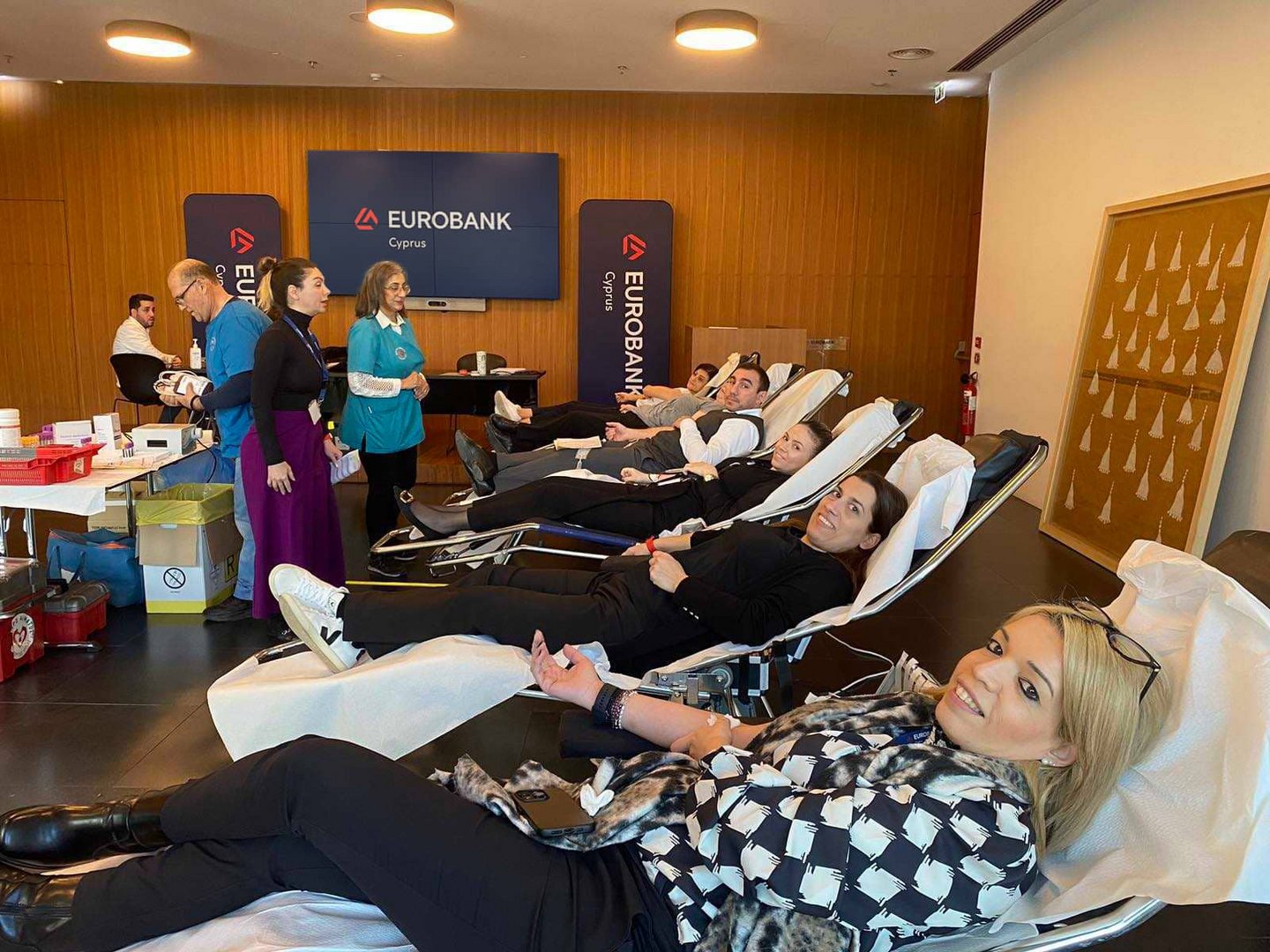There is a need for a new strategic plan for blood donation, Miltos Miltiadou, president of the Pancyprian Thalassaemia Association, said on Friday, in response to messages sent to patients whose transfusions are being postponed.
Miltiadou said that stricter criteria should be applied to managing the donor register and blood centre operations, with precise record-keeping to track the allocation of blood supplies.
He said the introduction of the national health scheme (Gesy) has significantly increased the demand for blood, stressing that individuals with thalassaemia should not bear the burden of insufficient blood supplies, as this affects their entire lives.
Miltiadou suggested that the traditional methods of reaching out to blood donors may no longer be effective. He called for modern approaches, such as utilising social media and promoting awareness in schools and military bases.
In a statement issued on Thursday, after patients received messages about postponed transfusions, they demanded better planning and management from the blood centre. They argued that “thalassaemic or other chronic patients who require transfusions should not have to suffer due to the excessive blood needs of the health sector in Cyprus.”
“If they expect us to stay home, unable to work, then they should provide us and our families with allowances to live on and call us only when there are sufficient blood reserves to transfuse us,” Miltiadou said.
He further said that patients from different districts have informed the association about their transfusions being delayed, adding: “We are in mid-September, and excuses related to reduced blood donations during holidays and vacations are unacceptable.”
The problem, he explained, primarily affects patients who require blood from group ‘O,’ which is often used in emergencies due to its universal compatibility, especially O-negative blood. This, he said, leads to increased demand for blood, but it should not result in regular postponements for chronic patients.
On Friday, the head of the Blood Centre, Andri Panayiotou, confirmed that there is a rising need for blood and that there had been a low turnout of donors this week. Due to emergency situations on Thursday, she said, priorities had to be set, leading to the postponement of transfusions for chronic patients who were not at immediate risk, by 24 hours.
Panayiotou added that some blood supplies arrived on Friday, allowing several thalassaemic and chronic patients to receive their transfusions. She also noted an ongoing need for “A negative” and both “O negative and positive” blood types.
Through the Blood Council, efforts are underway to develop a new strategic plan for blood donation, though Panayiotou cautioned that results will take time to materialise.







Click here to change your cookie preferences